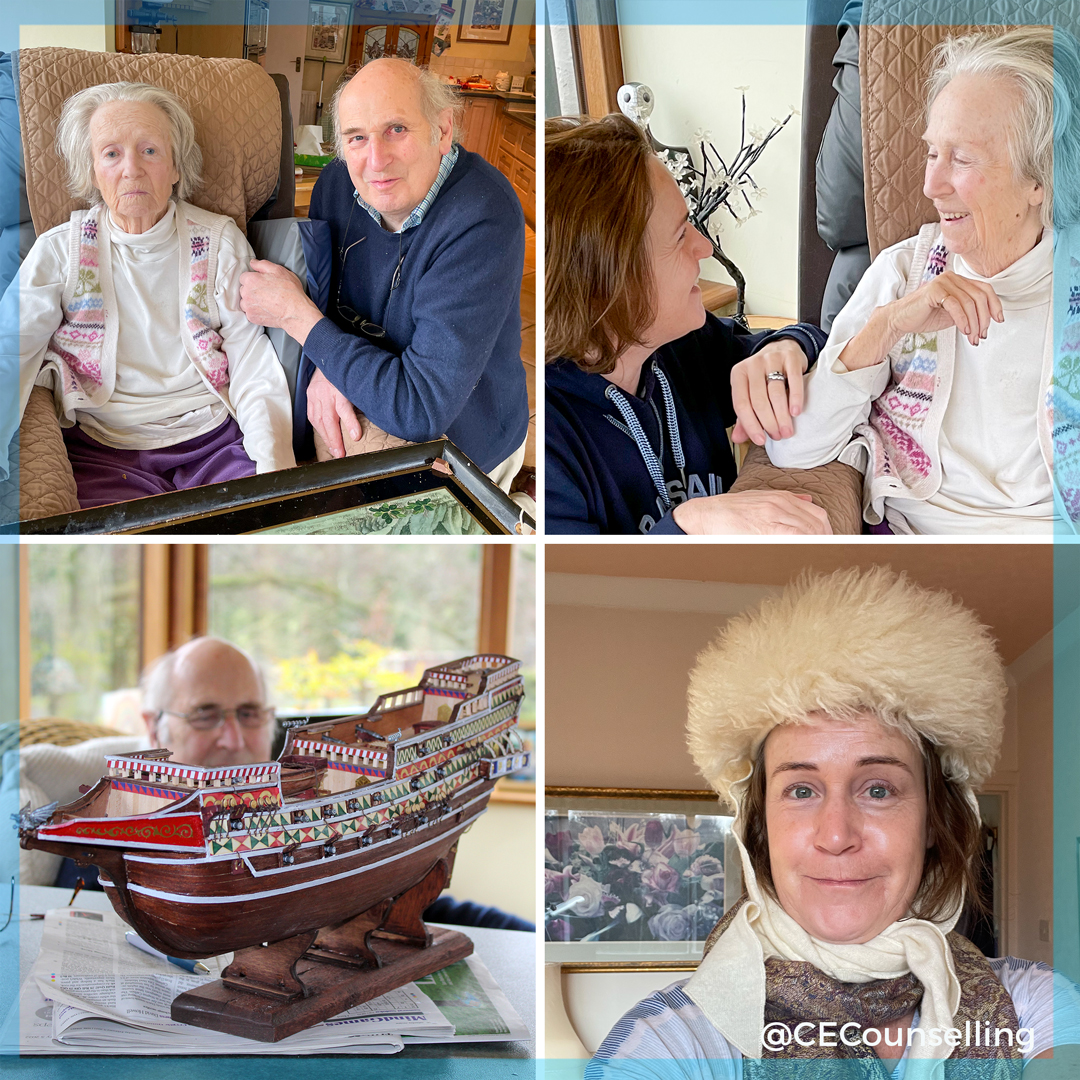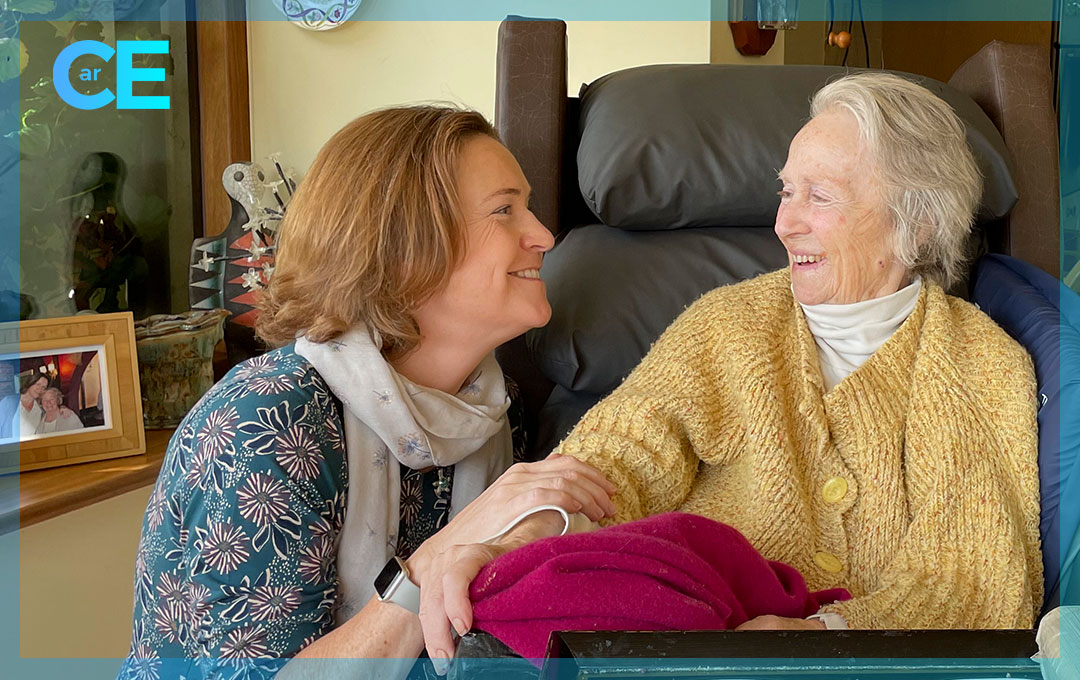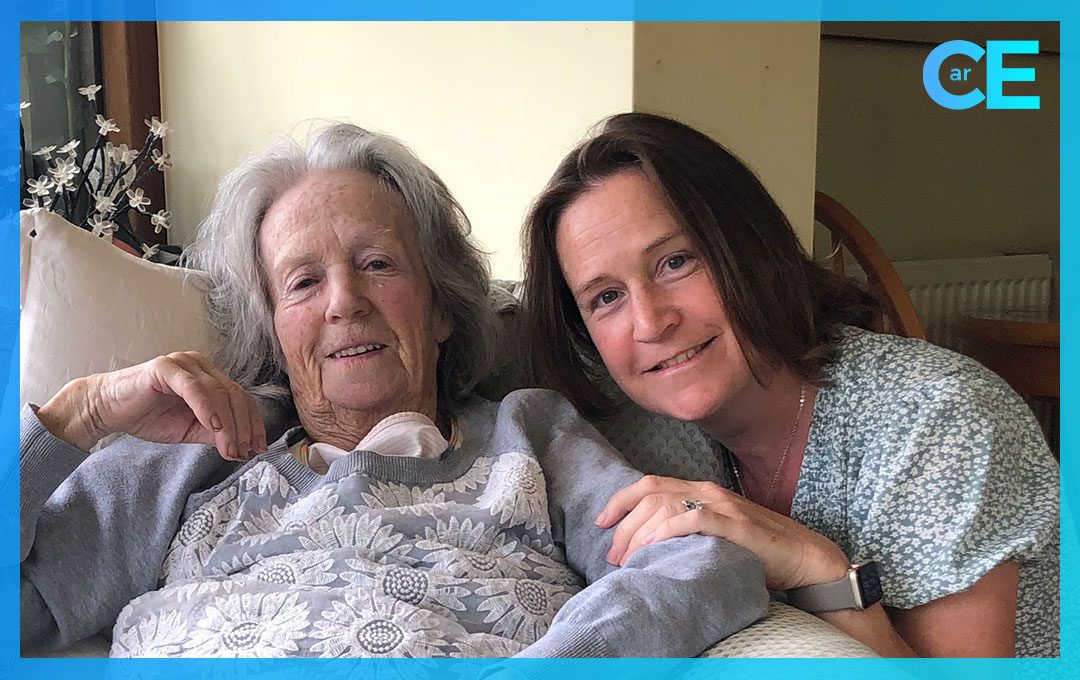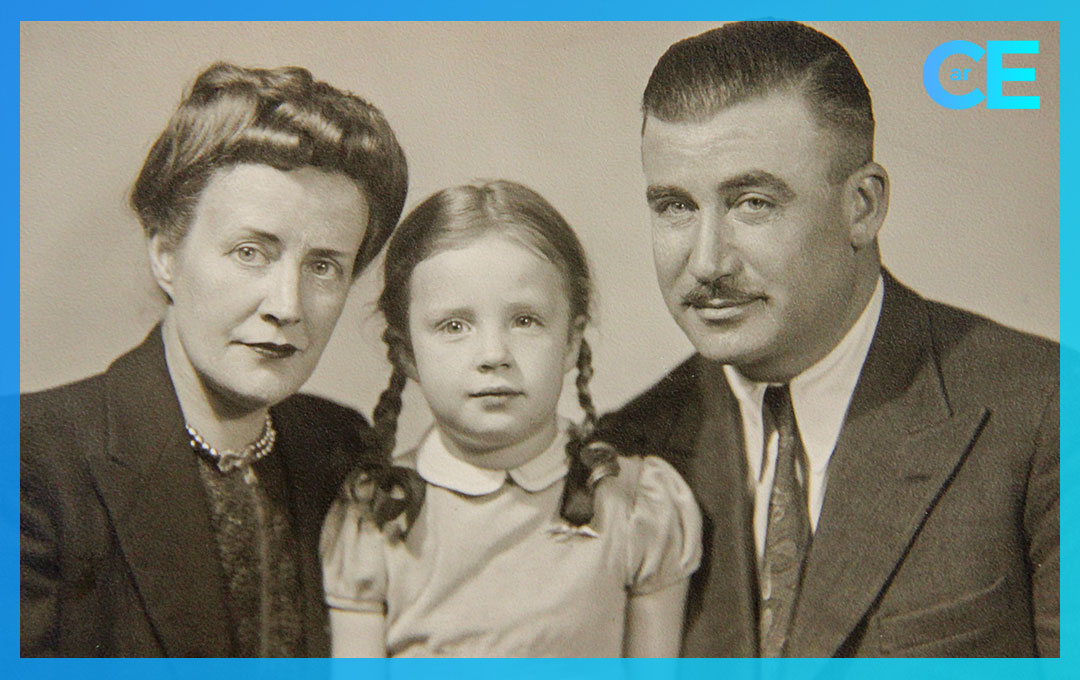Grief 3 months after a Traumatic Death
Three months after a traumatic death, grief can be particularly intense and prolonged, potentially leading to complicated grief or prolonged grief disorder. Symptoms like intense sorrow, difficulty accepting the death, and difficulty enjoying life may persist or worsen, requiring support and professional intervention if they don’t improve.
- Complicated Grief:
This occurs when grief symptoms persist or worsen beyond the initial stages, hindering the healing process. It can manifest as intense pain, difficulty accepting the loss, and a persistent focus on the deceased.
- Prolonged Grief Disorder:
This is a formal diagnosis characterized by persistent and intense grief symptoms that interfere with daily life, including difficulty accepting the death, marked sense of disbelief, and avoidance of reminders of the deceased.
- Signs and Symptoms:
Beyond intense sorrow, individuals experiencing trauma-related grief may also experience:
-
- Difficulty accepting the death
- Persistent longing for the deceased
- Numbness or detachment
- Bitterness or anger
- Feeling life holds no meaning
- Lack of trust in others
- Inability to enjoy life
- Physical symptoms like fatigue, changes in sleep or appetite
- Factors Influencing Grief:
Traumatic deaths, like those involving violence or sudden accidents, can intensify grief, making it more challenging to cope. Additionally, factors like social support, cultural background, and pre-existing mental health conditions can also impact the grieving process.
- Seeking Support:
It’s crucial to seek professional help if grief symptoms persist or worsen, or if they interfere with daily life. Therapists can provide support and guidance in navigating the grieving process, including techniques for managing intense emotions and developing coping strategies.
I am a Specialist Bereavement and Grief Counsellor in Fleet, Hampshire working in person and online counselling and offer a safe, supportive space for clients experiencing grief and loss through bereavement.
Contact me to book an initial session and I will support you through this difficult time.
For additional links please visit this page https://www.carolineellisoncounselling.co.uk/grief-counsellor/ to find a comprehensive list of charities who may be able to support you.
Collated by your local counsellor in Fleet, Caroline at Caroline Ellison Counselling.










